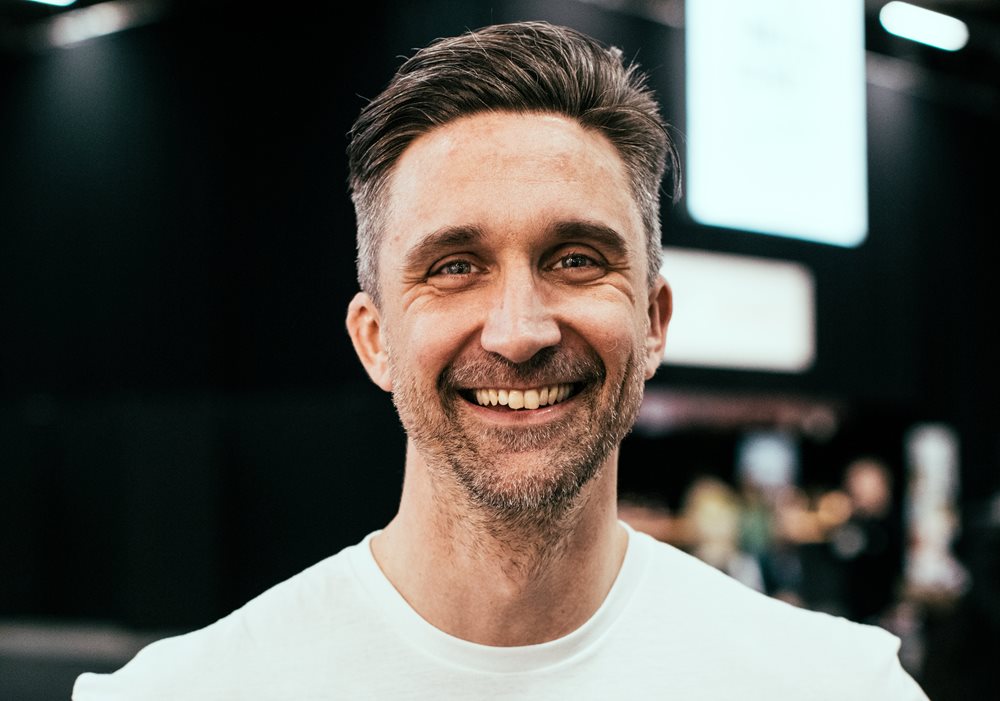Getting water quality right is essential for customer well-being and brewing great coffee – but what if hospitality operators could achieve both at the touch of a button? World Coffee Portal speaks to Maximillian Lundin, Product Marketing Manager at Sweden’s Bluewater, about the fascinating science behind its unique water purifier technology, keeping expensive equipment healthy and working with some of the world’s top specialty coffee shops

Maximillian Lundin, Product Marketing Manager at Sweden’s Bluewater | Photo credit: Bluewater
With much of the water we drink contaminated with chemicals and microscopic particles, investing in the right filtration equipment is vital. US researchers have shown that even bottled water contains nano-plastic levels ranging from 110,000 to 400,000 per litre, with these particles increasingly found accumulating in human tissues.
Meanwhile, PFAs are another significant concern in water, with a growing body of evidence suggesting they can lead to liver damage, thyroid disease, fertility issues and some types of cancer.
“We want to provide safe water to coffee consumers,” says Maximillian Lundin, Product Marketing Manager at Sweden’s Bluewater. “Safe means removing all bacteria, PFAs and microplastic.”
A new approach to water quality
Having worked as a chef for 20 years and now as Bluewater Group’s resident coffee expert, Lundin is acutely aware of the importance of sourcing the best ingredients for hospitality venues. However, as he explains, absolute water purity can actually be detrimental to our well-being.
“Water without minerals is very acidic and receptors in the small intestine don’t ‘see’ it, which means the body will deplete minerals into the water and lose electrolytes,” he says.
In its quest to develop a new kind of water quality system, Bluewater Group began exploring ways to both optimise and customise water mineral content. After searching far and wide for the optimum mineral mix, the Bluewater team found a solution right on their doorstep – in the Swedish mountains.
The innovation that followed was Liquid Rock, a scientifically designed blend of Swedish minerals developed to ensure balanced hydration and a refreshing taste by maintaining an ideal 2:1 ratio optimised for the body’s absorption of calcium and magnesium.
“We want to provide safe water to coffee consumers”
“We liquefy these minerals and put them in a pump, which doses them back into the water according to user preference. The water that comes out on the other side is the safest and healthiest water you can drink,” Lundin says.
As Lundin highlights, the acidity of 100% purified water is not only bad for human health – it damages expensive equipment too. “Acidic water will make internal components rust,” he says.
“Heating water with natural minerals breaks the molecule bonds, causing them to precipitate – that’s the scaling part. The formulation of Liquid Rock means these bonds do not break when heated. We then reintroduce the minerals in a steady flow that’s safe for the machine.” Lundin also has first-hand experience of how machine repair and downtime can significantly impact a venue’s profitability. With many espresso machines costing up to $40,000, it makes business sense to protect that significant investment for the long term. “Coffee shops should expect an espresso machine to last at least 10 years if it’s taken care of,” he says.
Lundin acknowledges that Bluewater represents a higher level of investment than many other water filtration products on the market. However, as he explains, the technology offers a new level of consistency and customisation for operators. “Many filtration systems reintroduce minerals back into purified water so it’s not acidic by installing a mineral filter. We’ve seen in tests that once you install a static mineral filter, it will release a spike of minerals in the beginning and then significantly drop off after a week.”
A new dimension for specialty coffee shops
With this unique technology at Bluewater’s fingertips, “the last piece of the puzzle was looking into the specialty coffee industry,” says Lundin.
Bluewater can be used by any coffee operator seeking to optimise water quality and protect equipment. However, Lundin says the capabilities of the technology presented a unique opportunity to work with the world’s top specialty coffee businesses to tailor water to desired coffee-tasting profiles via a simple app interface.
“If a barista is brewing Kenyan beans and wants a slightly higher acidity to lift the berry notes, they can lower the total dissolved solids (TDS). If a customer orders a Brazilian coffee for pour-over, the barista can adjust the app with new dosing in real time,” Lundin explains, highlighting partnerships with celebrated specialty coffee businesses, such as London’s Daydrip Coffee and celebrated Stockholm-based roaster, Stand Out Coffee.
For multi-site operators, Bluewater’s technology also delivers consistent water quality, which can vary hugely in hard water areas like London. “You can throw a rock in Central London and find completely different water qualities and flavours wherever it lands,” says Lundin.
Crucially, in a market flooded with water filtration solutions, Lundin asserts Bluewater technology is totally unique in the industry today. With 80% of consumers participating in a taste test preferring the taste of Bluewater over Fiji Water in a blind test, the results speak for themselves.
Find out how Bluewater can take your hospitality venue to the next level at bluewatergroup.com